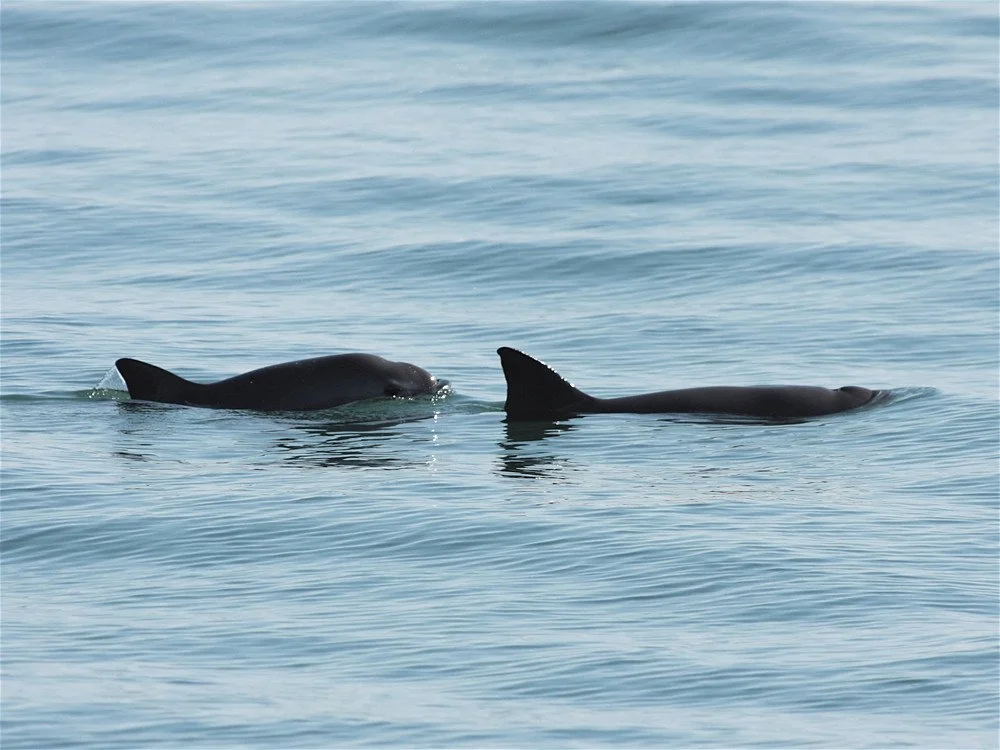Petition Update: Horses Are Also Being Killed for the Donkey Skin Trade, Study Finds
As donkey populations plummet due to the demand for their skins, ejiao producers are duping customers by using gelatin from other species including horses, cows, and pigs.
Commercial donkey skin products sold in China are being adulterated with horse-hide gelatin, according to a new study published in the scientific journal PLOS ONE.
The findings came after researchers examined eighteen donkey-hide gelatin items for evidence of material from other species. They concluded that eight of the samples were suspected to be diluted with horsehide gelatin, while two of the products were suspected to contain cattle skin materials. Only nine of the items were made of authentic donkey-hide gelatin.
Ejiao is made from boiling the hides of donkeys, and used in cosmetics, candy, and traditional Chinese medicine. Around 4.8 million donkey hides are required to satisfy the global demand for ejiao, resulting in steep declines of donkey populations around the world, particularly across Africa. In efforts to protect their rapidly dwindling donkey populations, many countries including Nigeria, Tanzania, and Ghana have prohibited the slaughter and exportation of donkeys and their hides.
Now, this latest study shows that it’s not just donkeys that are suffering for the ejiao trade. As supply cannot keep up with demand for donkey skins, other animals, such as cows, pigs, and horses are being used illicitly as a substitute for donkey-hide gelatin, according to the study’s researchers.
Researchers have also warned that this could have serious consequences: “for example, it has been indicated that cattle-hide gelatins may cause safety problems because of the risk of bovine spongiform encephalopathy and foot-and-mouth disease. Pig-hide gelatins may present religious conflicts since the use of porcine foods and drugs is forbidden for people in some Islamic countries.”
The Suffering Behind The Donkey Skin Trade
Investigations have uncovered rampant abuse surrounding the donkey skin industry. The animals are transported to slaughterhouses in cramped vehicles with no food or water. As a result, many fall sick or suffer injuries en route, and pregnant jennies often abort their fetuses. Those who do not starve or succumb to dehydration during the traumatic journey are violently killed at the slaughterhouse.
An investigation by People for the Ethical Treatment of Animals (PETA) Asia revealed that donkeys in China “are bashed in the head with a sledgehammer and their throats slit”. Meanwhile, in Kenya, undercover footage showed donkeys being violently beaten - with virtually no regulations in place to protect the country’s animals on farms or in slaughterhouses.
The demand for donkey skins has also led to a rise in donkey thefts. This proves a huge problem for farmers who rely on donkeys for transport, domestic work, and milk.
A donkey awaits slaughter
Illegal Trade Fuelled By Facebook
Despite nationwide bans across some countries, the trade is still happening under the radar, with donkeys considered the most trafficked animal in the world. A recent report by The Donkey Sanctuary revealed that social media networks, including Facebook, Twitter, Instagram, and YouTube, are facilitating the illegal donkey trade, as traders in countries where the sale of donkey skin is banned are openly disregarding the law and moving from platform to platform to avoid being caught.
“By cracking down on the sale of donkey skins on their platforms, e-commerce and social media sites will not only prevent considerable cruelty to donkeys but also help eliminate the other criminal activity that is taking place alongside it and support thousands of families who rely on their donkeys to survive,” states the report.
Credit: The Donkey Sanctuary
United States involvement
The U.S. is playing a major part in the trade too. America is the third-largest importer of ejiao from mainland China, after Hong Kong and Japan, importing an estimated $12 million-worth of donkey skin gelatin every year.
What Can You Do?
Species Unite has been working to shine a light on and rally strong opposition against the donkey skin trade through our hard-hitting petitions and content - the more global attention this issue gets, the more chance we have of ending the trade for good.
As a prominent driver of the global trade in ejiao, American consumers have a responsibility to educate themselves and others about this devastating industry and to help combat it. A bill to ban the import of donkey skin gelatin has been introduced in Congress. H.R. 5203 - The Ejiao Act, amends the Federal Food, Drug, and Cosmetic Act and bans the knowing sale or transport of ejiao made using donkey skin, or products containing ejiao made using donkey skin, in interstate or foreign commerce. In an interconnected world where supply is based on demand, we can make a difference here in the United States to help put a stop to this horrific international trade once and for all. Please join Species Unite in calling on Congress to pass the Ejiao Act by signing this petition.
We have also been calling for the Kenyan government to reinstate its ban on the slaughter of donkeys. The country announced the ban in 2020, but this was overturned just a few months later. You can add your name to the petition here.
We Have A Favor To Ask…
Species Unite amplifies well-researched solutions to some of the most abusive animal industries operating today.
At this crucial moment, with worldwide momentum for change building, it’s vital we share these animal-free solutions with the world - and we need your help.
We’re a nonprofit, and so to keep sharing these solutions, we’re relying on you - with your support, we can continue our essential work in growing a powerful community of animal advocates this year.
More stories:
Species Unite
A collection of stories of those who fight the good fight on behalf of animals.






Republicans in Congress are on the brink of enacting a plan that could spell the end of much iconic American wildlife.